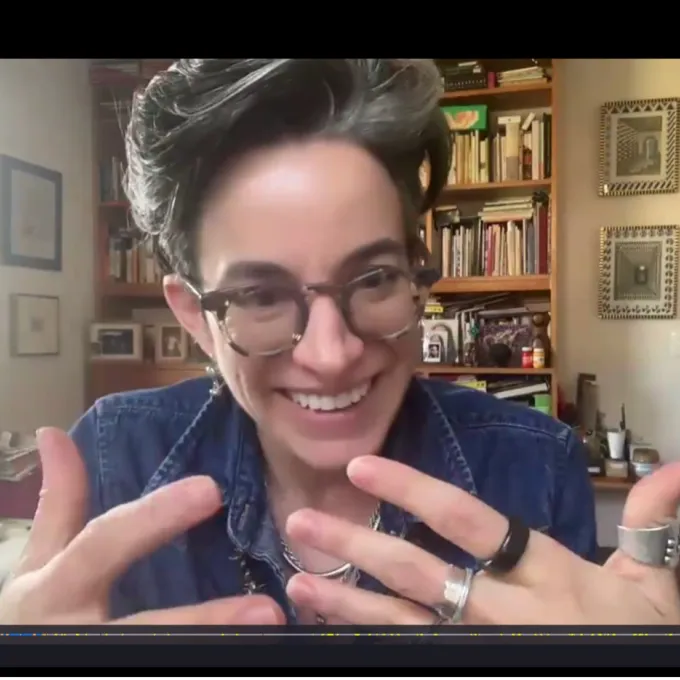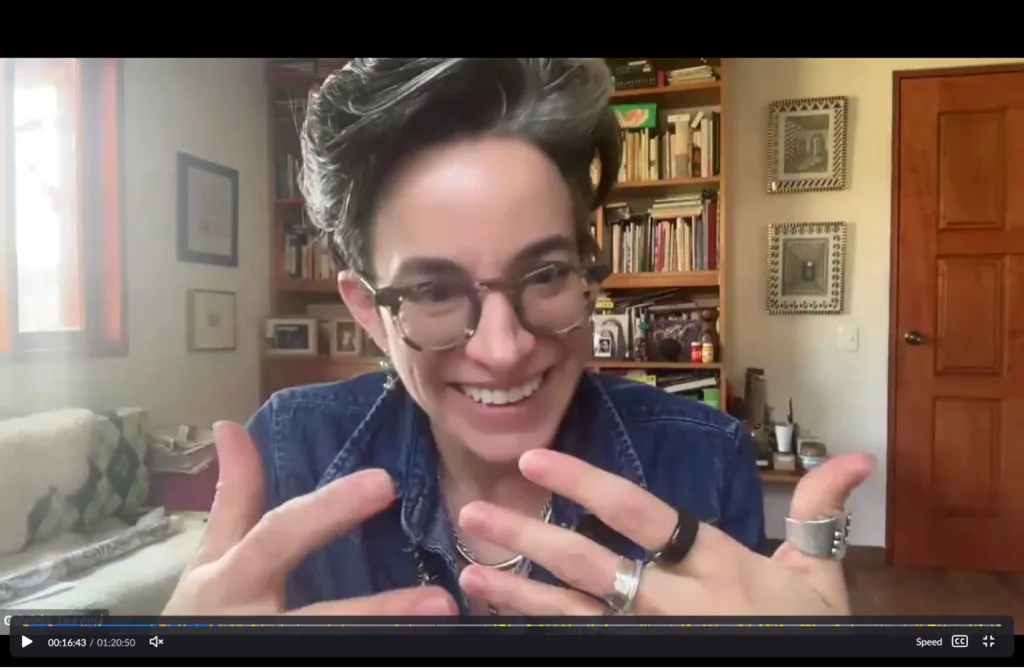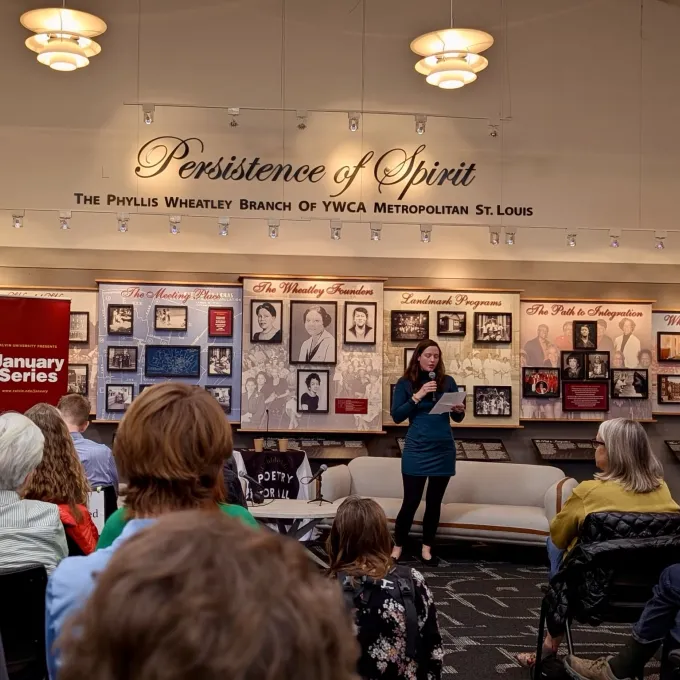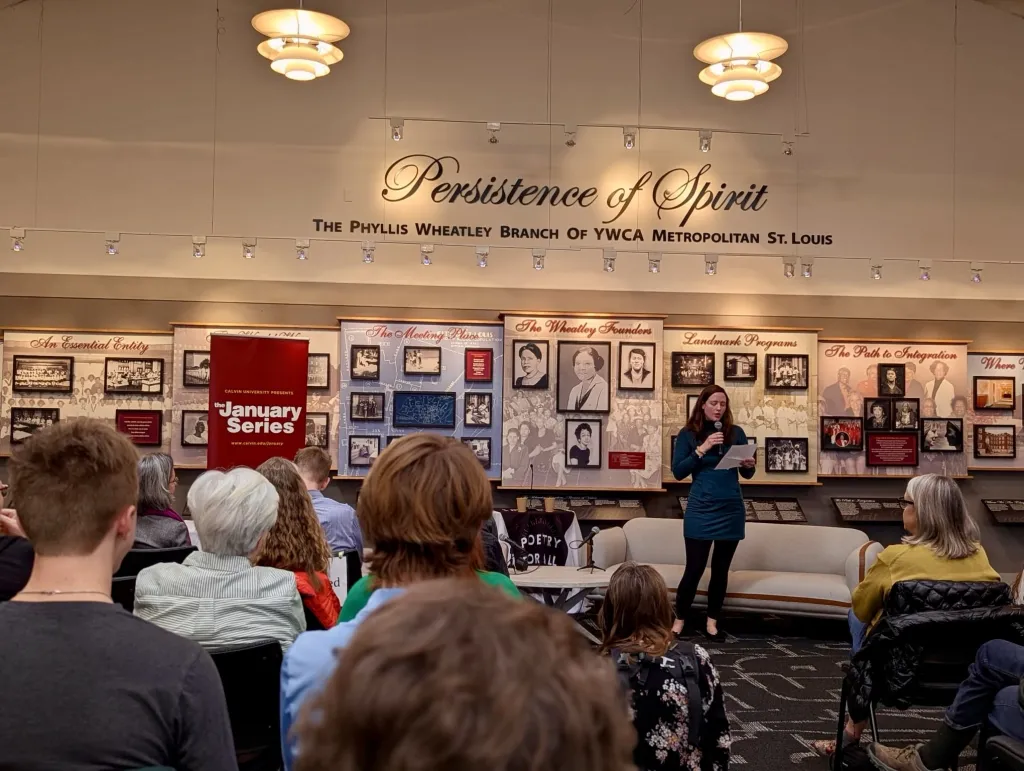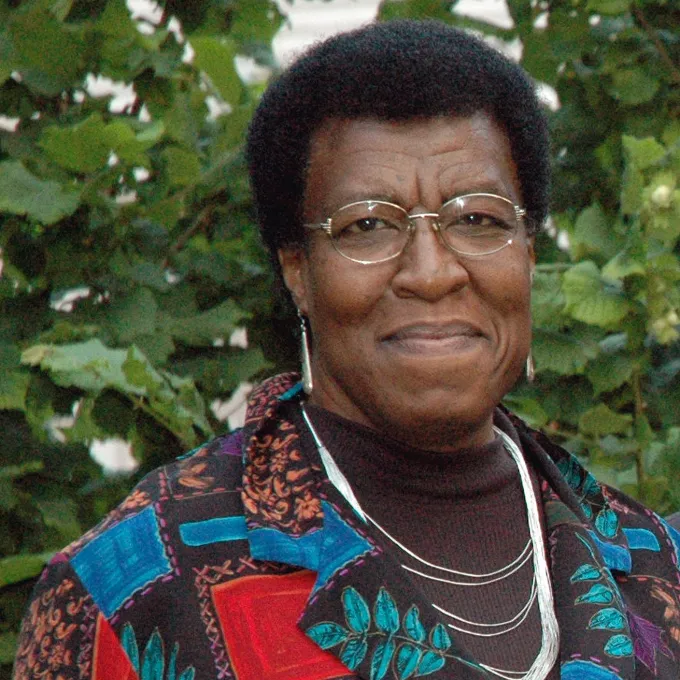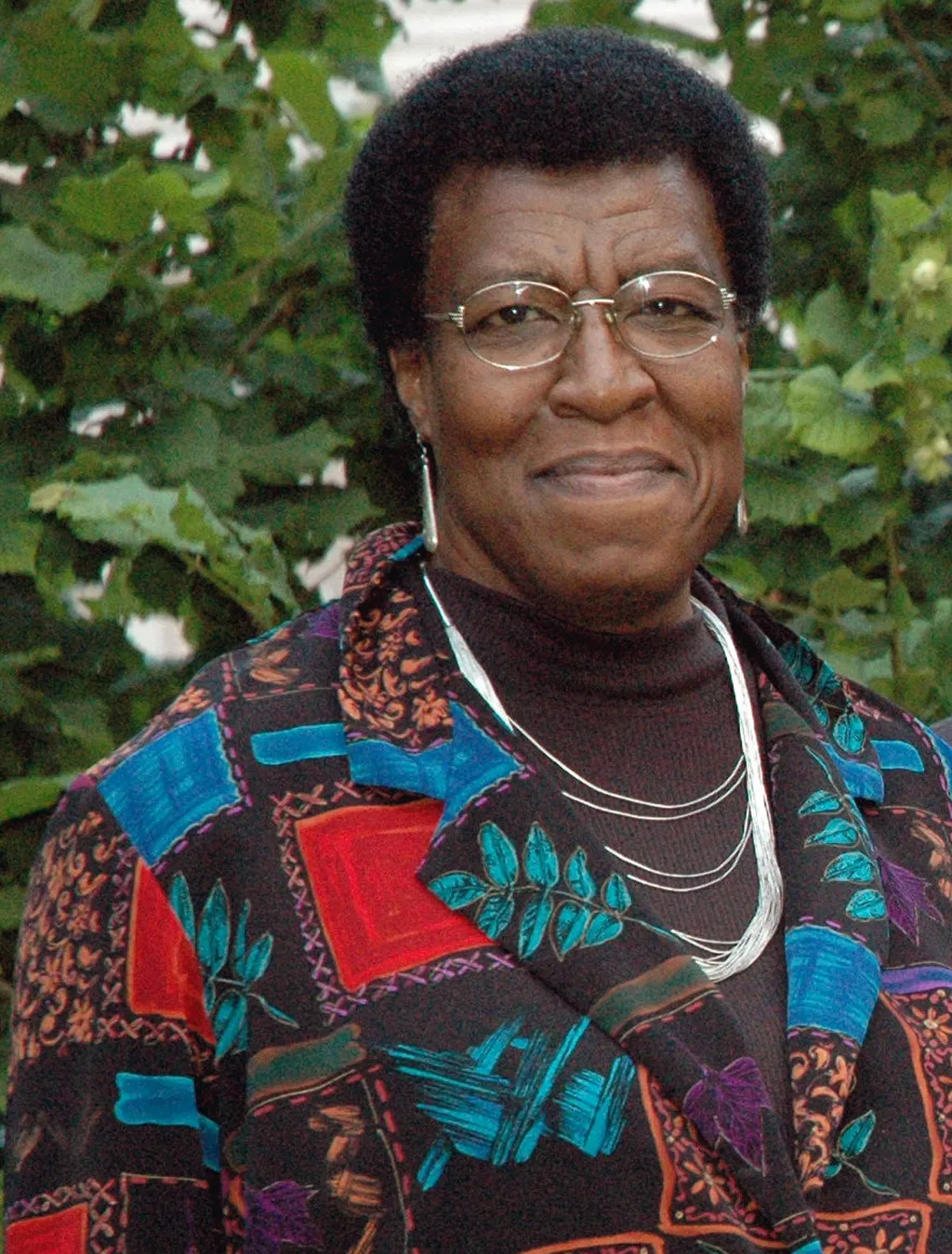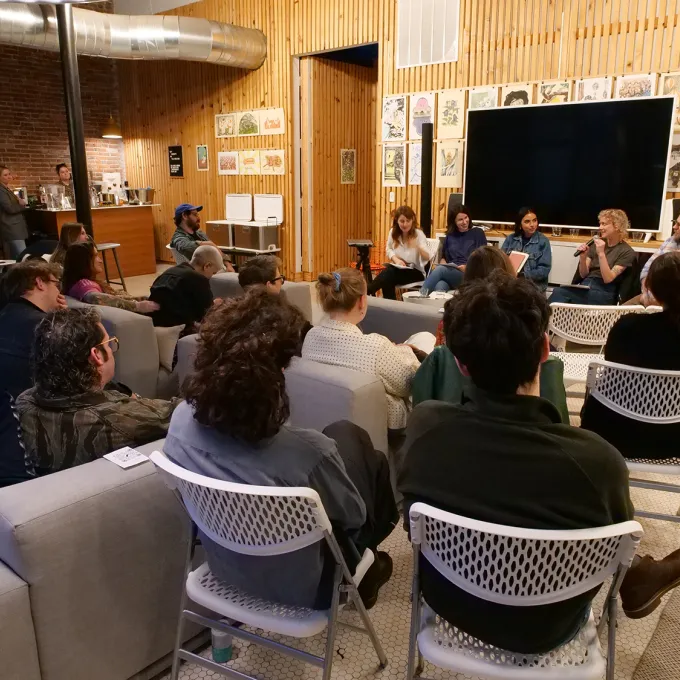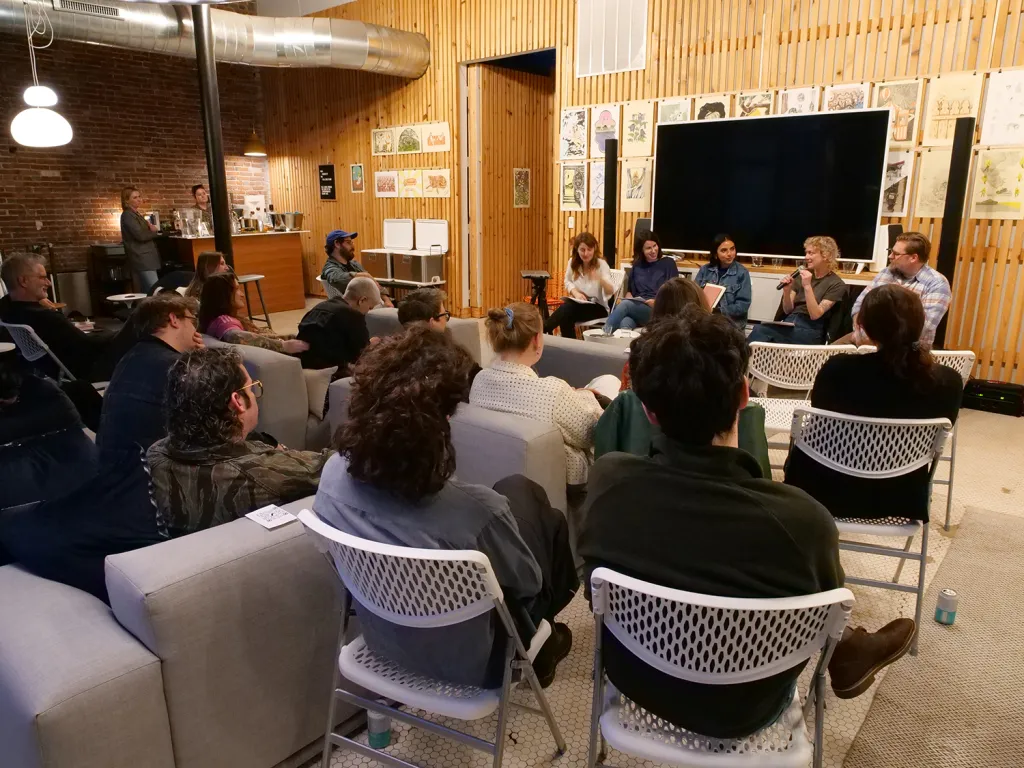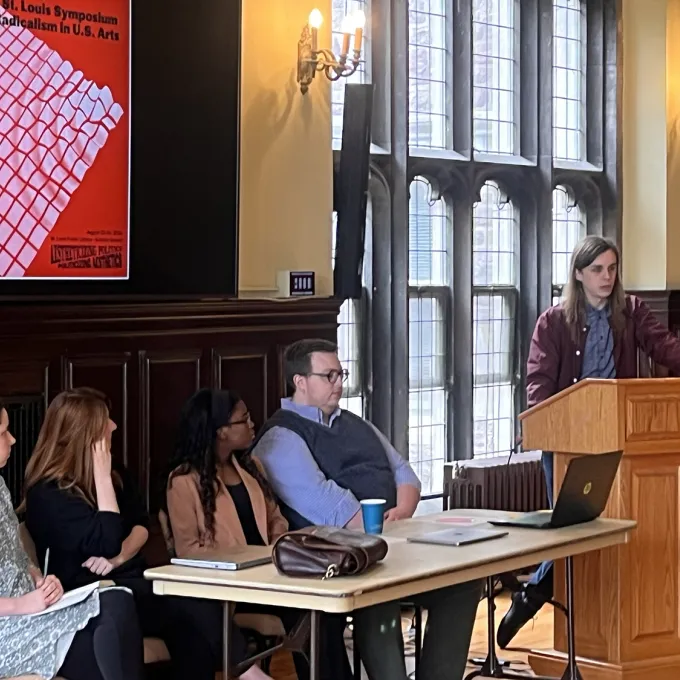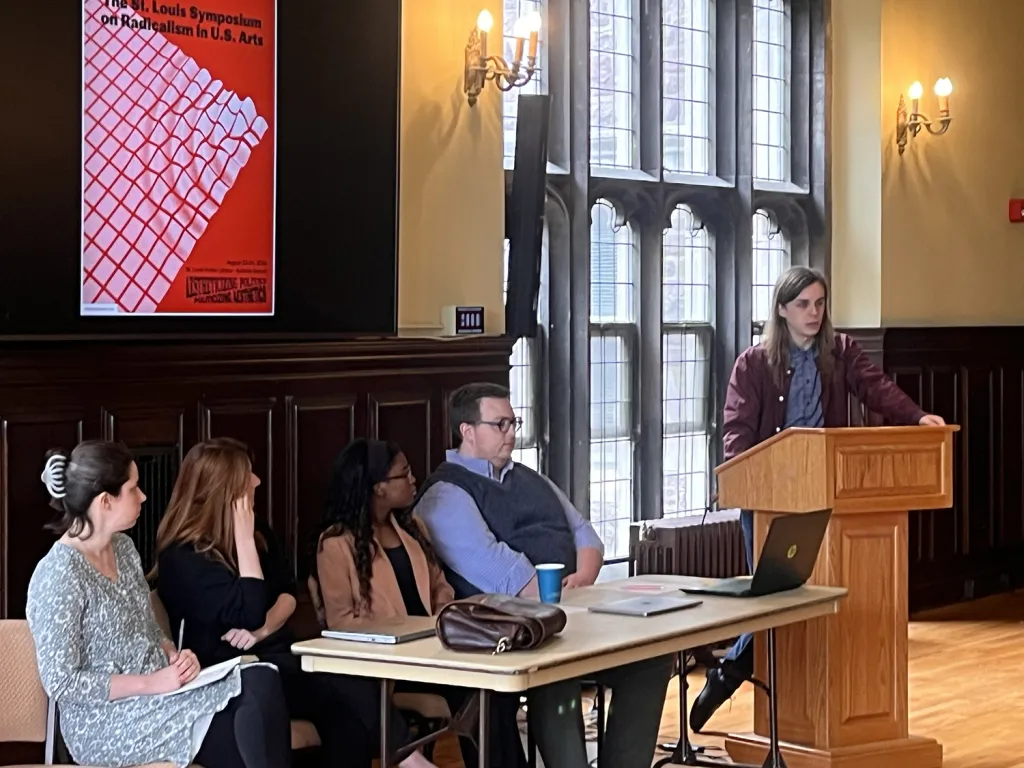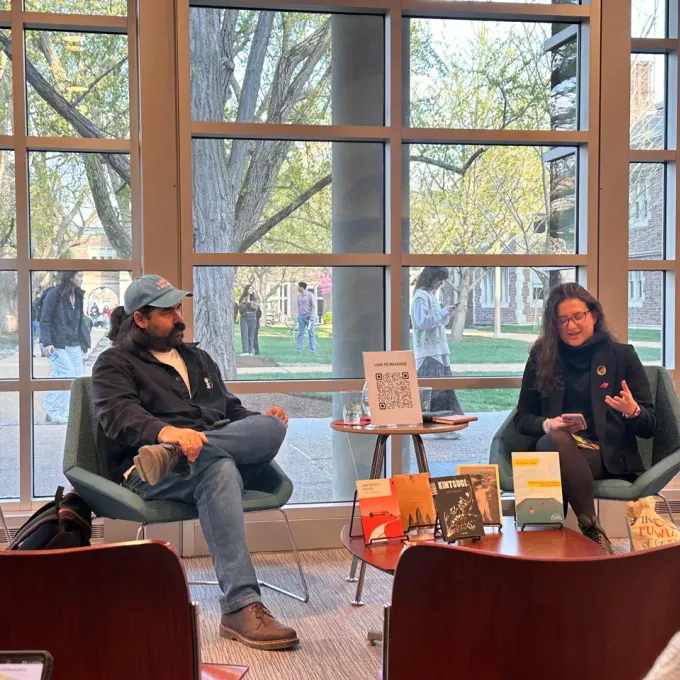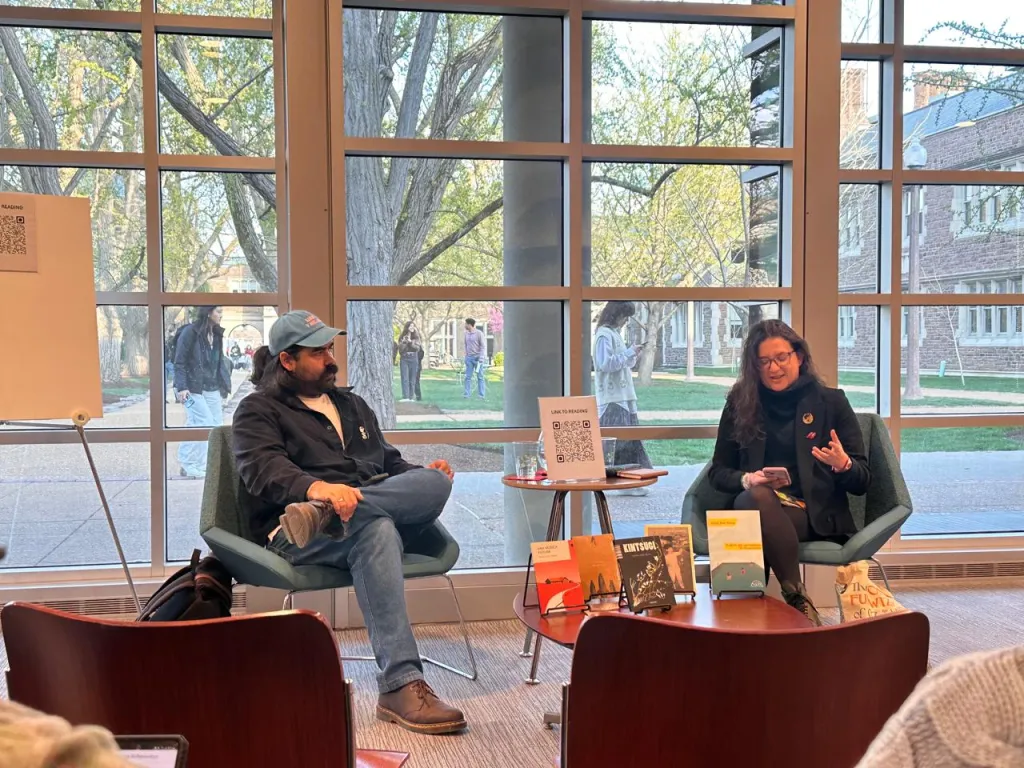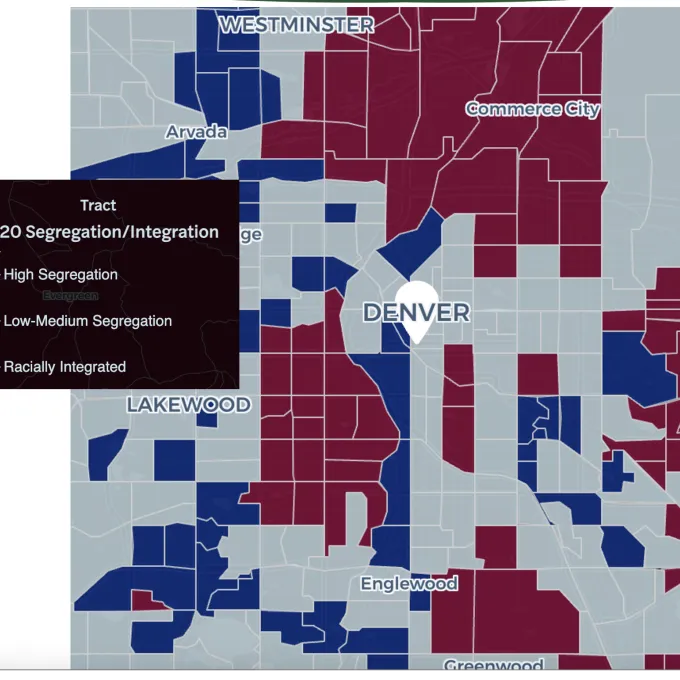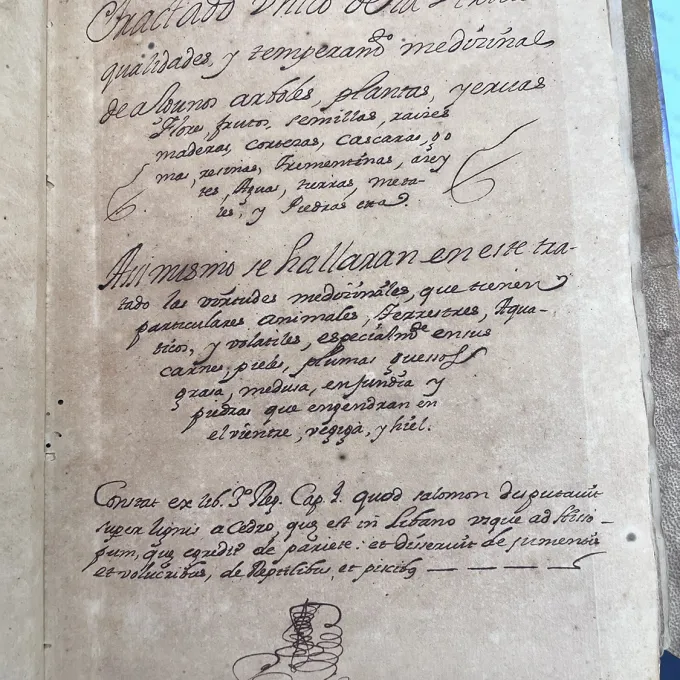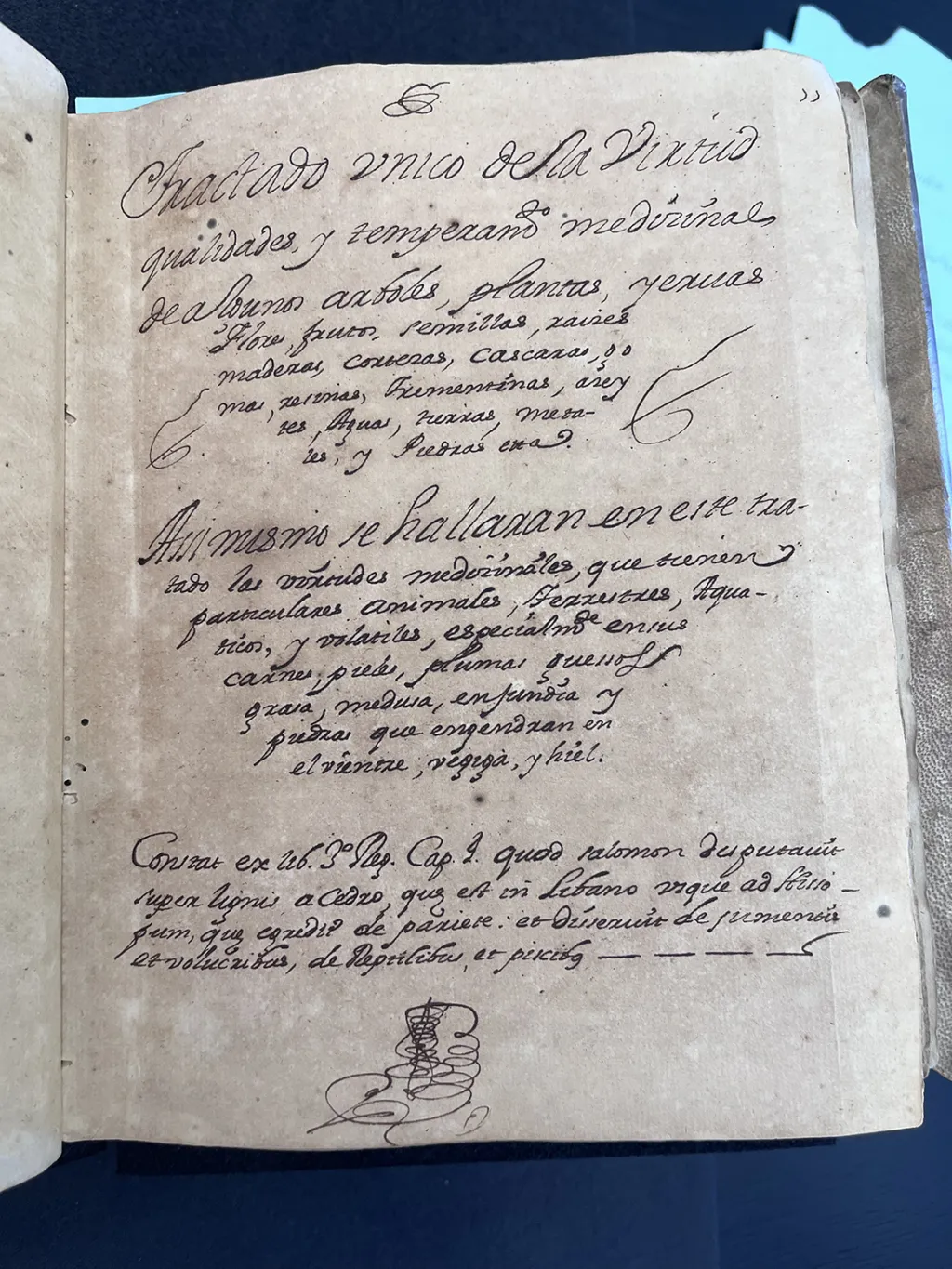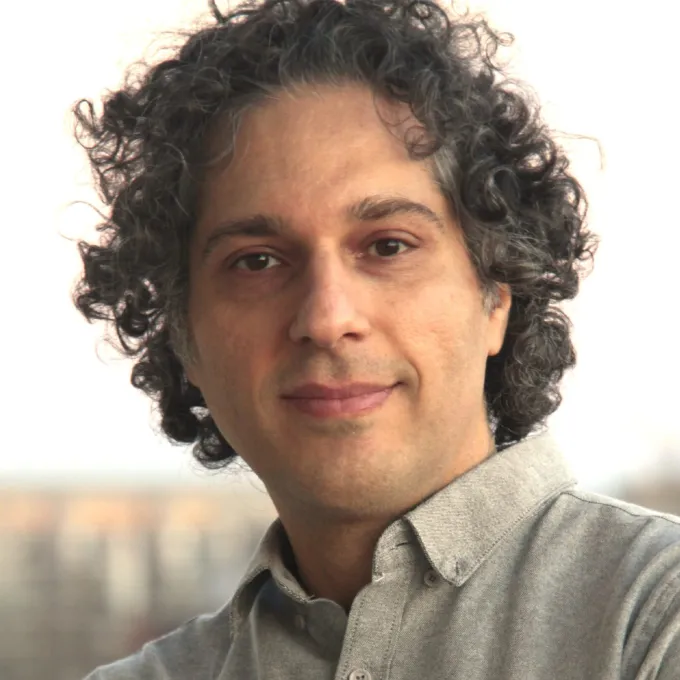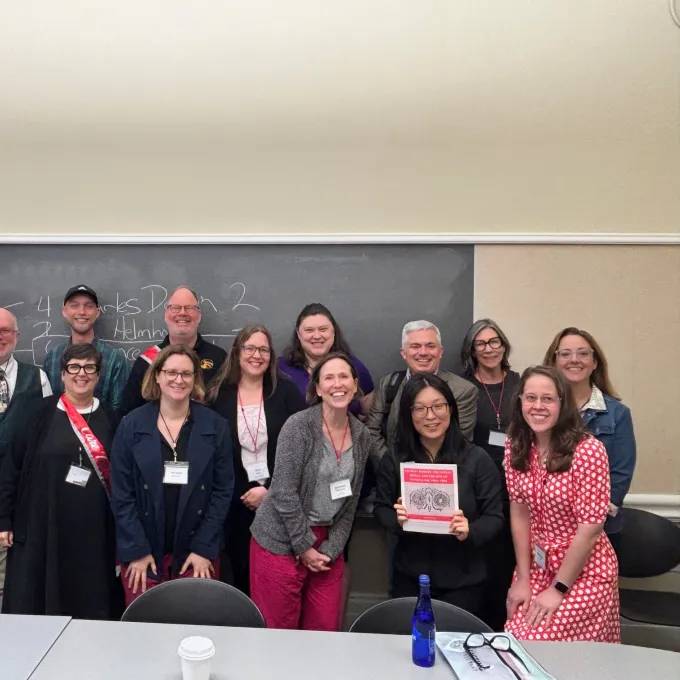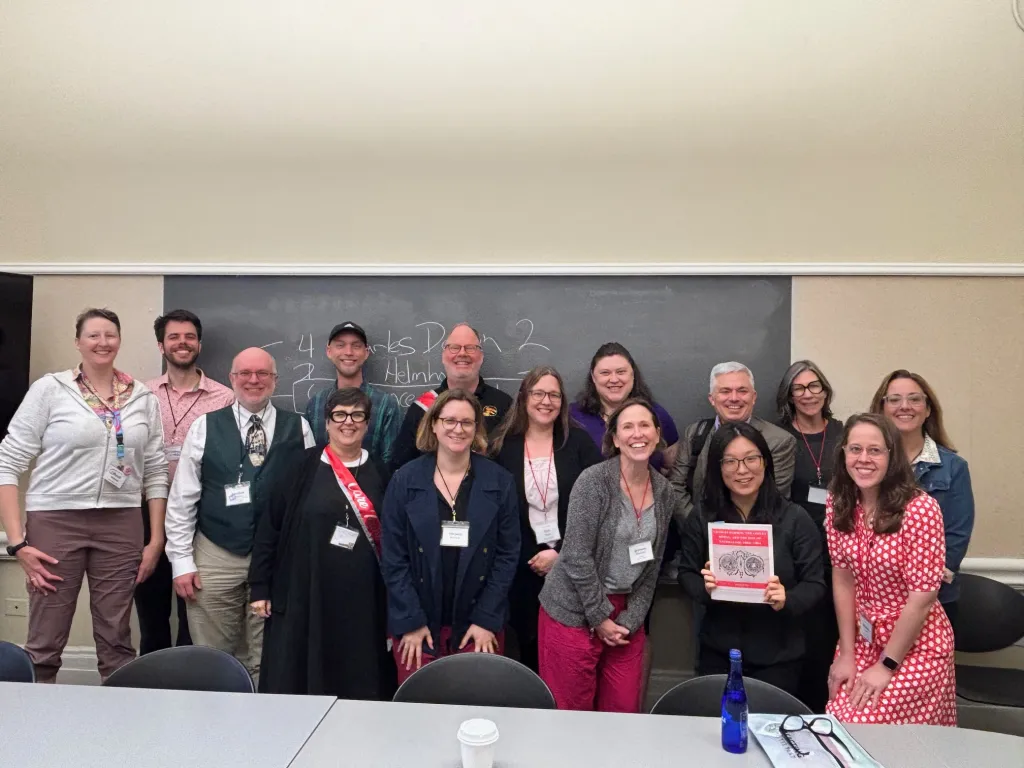Graduate student instructor-led courses and course projects
Graduate students are able to request funding to implement a variety of course-related plans. The course needs to be taught in fall 2025 or spring 2026 and all funding needs to be requested by December 2026. The applicant must be a current graduate student and the instructor of record on a course. Preference will be given to applicants whose plans involve innovative and/or community-engaged ways methods of humanistic inquiry and learning.
Possibilities include (but are not limited to):
- Class visitors (virtual or in-person)
- Class field trips
- Materials for class projects
- Subscriptions to digital databases, platforms, tools, etc., to support / manage digital projects
- Compensating consultants within the university, such as the library’s data sciences librarian team
- Facilitating class-related events, such as presentations, colloquia, etc.
Programs, projects and events
Graduate-student organized programs and events
Graduate students can request funding to facilitate events on campus or in the community that expound upon their research expertise, aim to disseminate information or skills to a broader audience, or otherwise offer the applicant an opportunity to develop crucial skills in planning and executing humanities programming that are not part of the traditional doctoral course of study.
Examples of funded opportunities include (but are not limited to):
- Workshops and training sessions
- Panel discussions, colloquia, etc.
- Off-campus events, exhibitions; events that meaningfully combine both community and campus participation
- Presentations and publications related to innovative, interdisciplinary graduate training (including conferences and workshop sessions aligned with RDE themes)
- Participation in external residencies, workshops that align with RDE goals
Departmental events
A graduate student or group of graduate students may work in partnership with a department to plan and facilitate a departmental event in line with RDE objectives.
Examples include (but are not limited to):
- Professional networking opportunities (i.e., a career preparedness panel of local alumni)
- Skills development opportunities (i.e., training workshops)
- Reading and writing groups on topics such as: innovative humanities education, innovation in doctoral training, topics in higher education, etc.
Professionalization opportunities
A graduate student may pursue funding to meet non-traditional goals for professional development (i.e., employment beyond tenure track professorships); examples of possibilities include, but are not limited to:
- Costs for projects and collaborations with community members and organizations
- Travel (for conferences, networking opportunities, etc)
- Costs for the building and maintaining of digital projects
- Some publication costs
